'How do carbohydrates impact your health?' Explains in an easy-to-understand manner why 'too much carbohydrate' is bad for your health.

by
Nowadays, the general view is that taking too much carbs is not good for the body, such as the existence of diet methods that limit carbs. Then, ' How do carbohydrates impact your health? ' Is a movie that explains in an easy-to-understand manner why excessive intake of carbohydrates is not good for the body and how carbohydrates affect the body.
How do carbohydrates impact your health? --Richard J. Wood --YouTube
Which of the breads, rice and carbonated juices has the lowest amount of carbohydrates?

In fact, this is a very annoying question, and they all actually contain similar amounts of carbs.
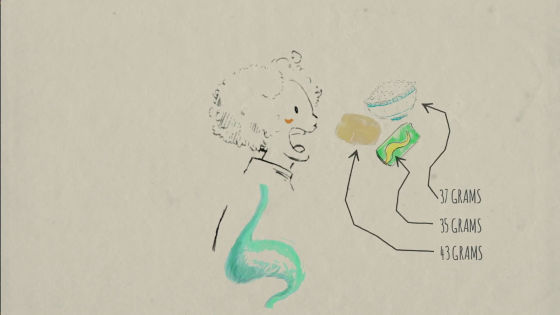
Nowadays, there is a 'carbohydrate diet' that limits the intake of carbohydrates, but what kind of effect does carbohydrate have on the body in the first place?

First, 'carbohydrate' is one of the categories of nutrients, also called 'sugar' or 'sugar'.

Carbohydrates can be simple or complex depending on their structure. When I cut out only one molecule ...

In a state called 'monosaccharide'.

The three types of
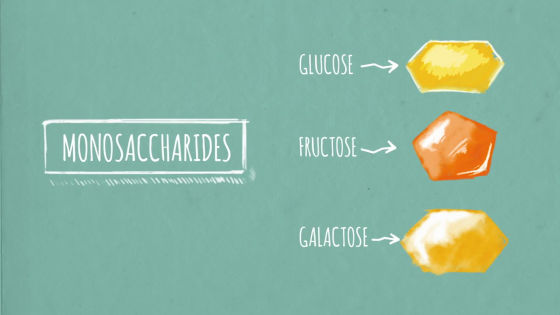
When monosaccharides stick together, it becomes a disaccharide.
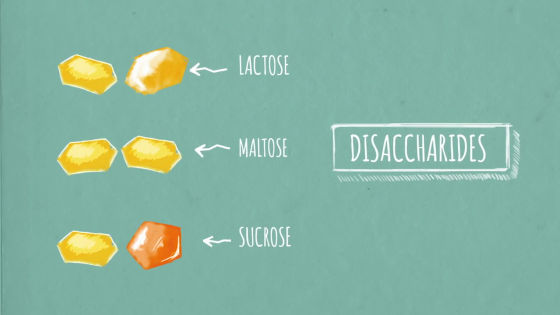
The combination of monosaccharides and disaccharides is called simple sugar.
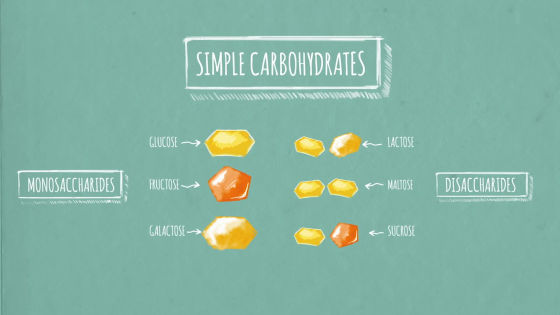
On the other hand, carbohydrates called complex sugars are a combination of three or more sugars.

3 to 10 what sugar is bound of
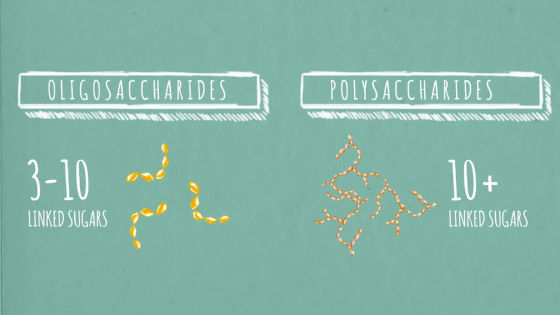
By digestion, humans break down complex-structured carbohydrates into monosaccharides.
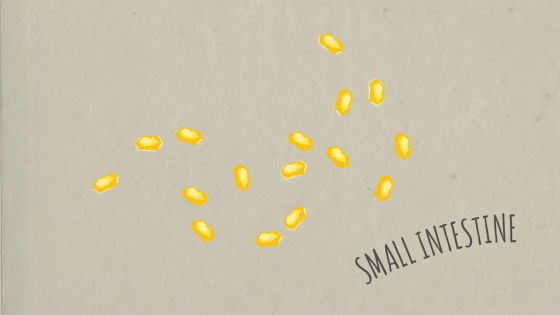
Therefore, the sugar level in the blood, which is usually about a teaspoon, that is, the blood sugar level, rises sharply when carbohydrates are ingested.
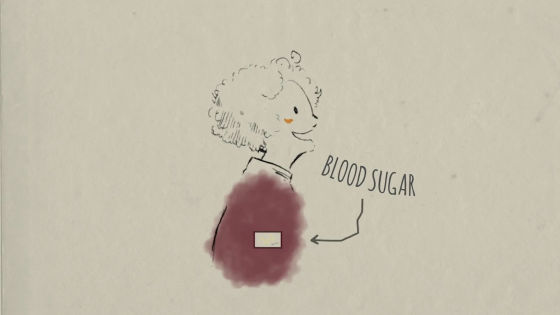
However, the body does not react the same to all carbohydrates.

For example, starch contained in donuts and dietary fiber contained in vegetables are said to be the same polysaccharide.
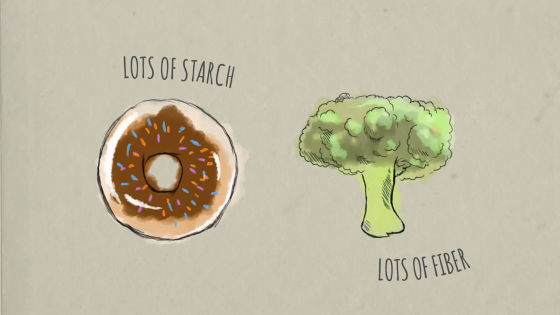
In each case, many sugars are bound, but the binding method is different.
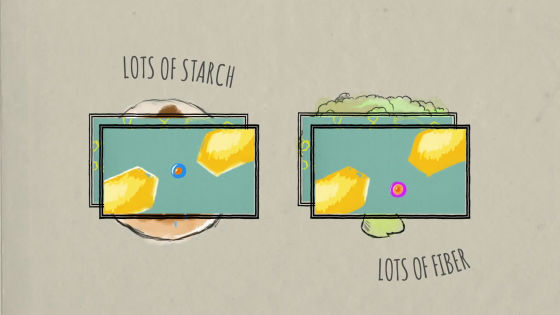
Starch is bound by alpha bonds and can be easily separated using enzymes during the digestive process.
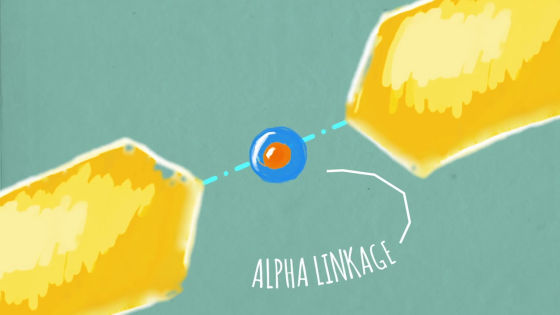
On the other hand, dietary fiber is bound by beta binding, making it difficult to separate.
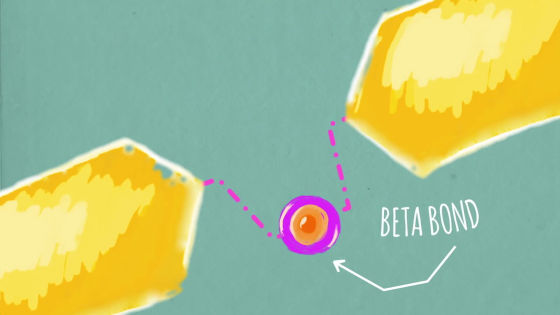
In addition, dietary fiber encloses starch and prevents it from breaking down. Therefore, it is not easily used as energy, and it is also called '
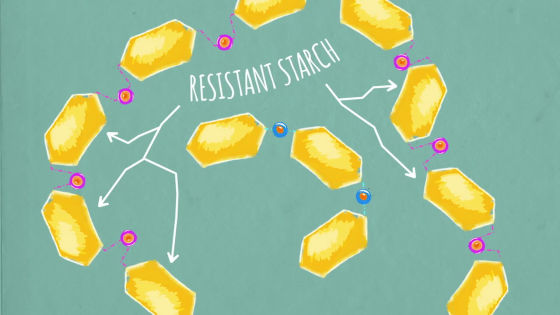
When you eat foods with a lot of starch, such as bread ...

Blood sugar levels are easily elevated because they are easily broken down into monosaccharides by digestion.
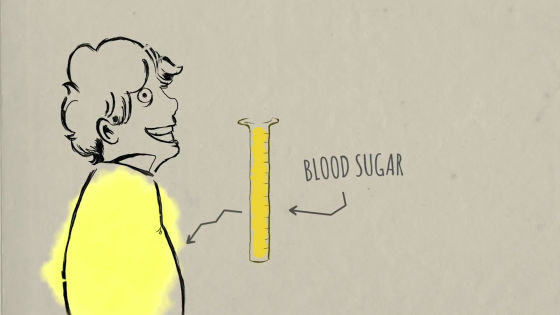
It is the same even if you drink carbonated juice that contains a lot of glucose.
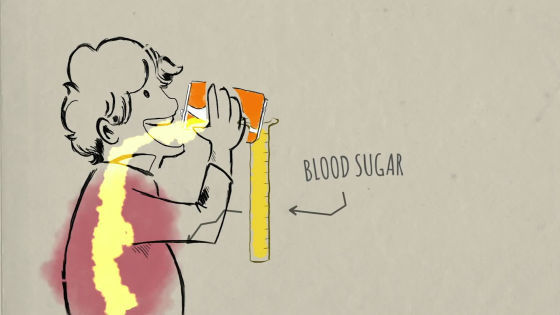
Bread, carbonated juice, waffles, cookies, etc. are known as foods with a high
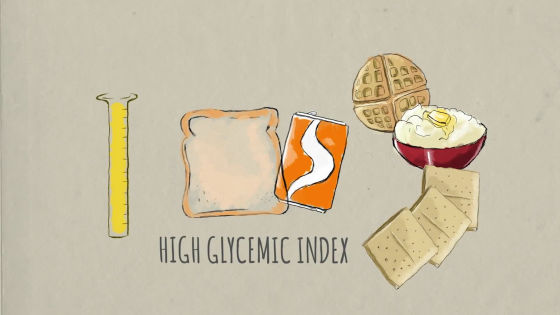
However, vegetables, plants, and whole grains slow down the amount of sugar released into the blood. These are foods with a low glycemic index.
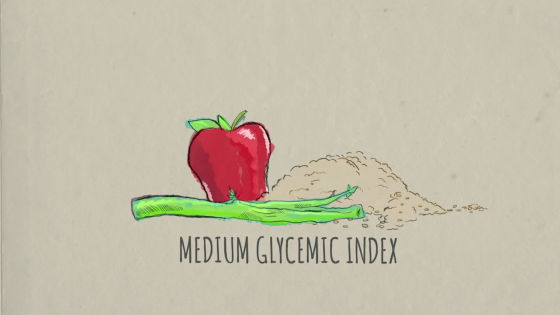
Cheese, eggs, and meat are also said to have a low glycemic index.
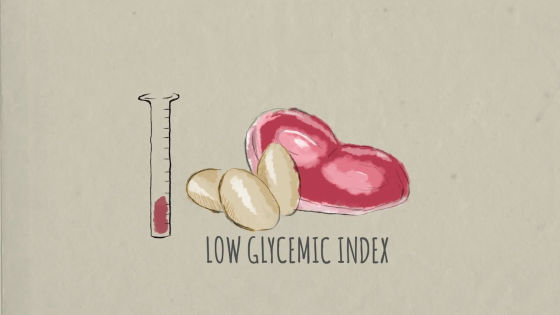
The sugars decomposed by digestion become energy to move the body.
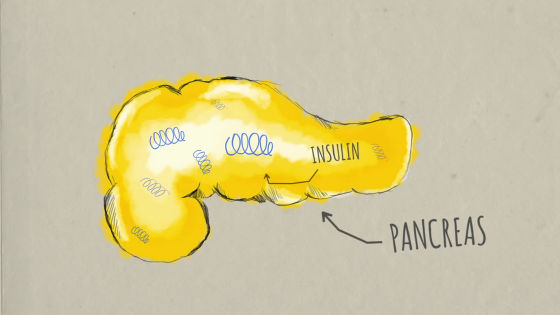
When you eat food and your blood sugar starts to rise, insulin is released into your blood, commanding your muscles and cells to take up glucose.
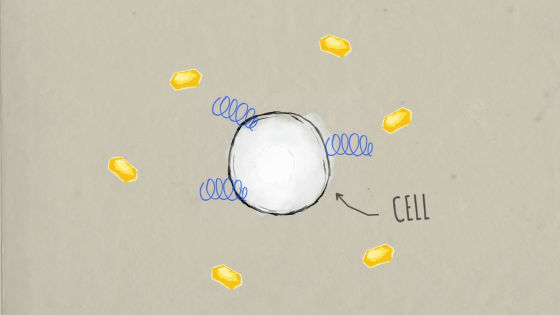
And it turns sugar into energy.

However, some people have
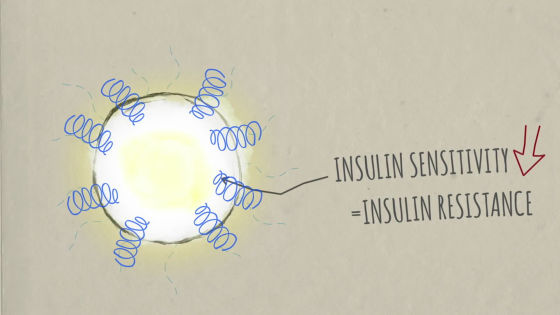
In this case, cells and muscles cannot convert sugar into energy, even though sugar is released into the blood. As a result, the blood sugar level does not drop, and the result is that it continues to rise forever.
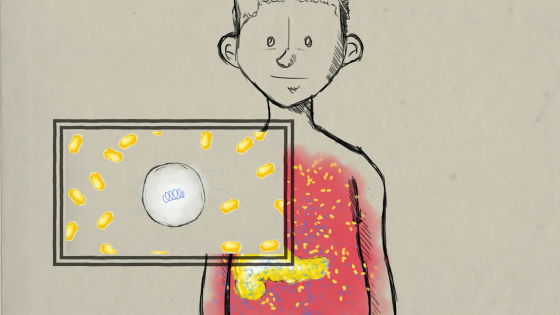
It is said that one of the causes of insulin resistance is excessive carbohydrate intake.
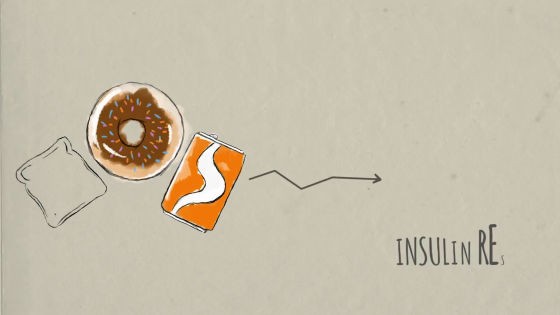
And many scientists are due to insulin resistance ...
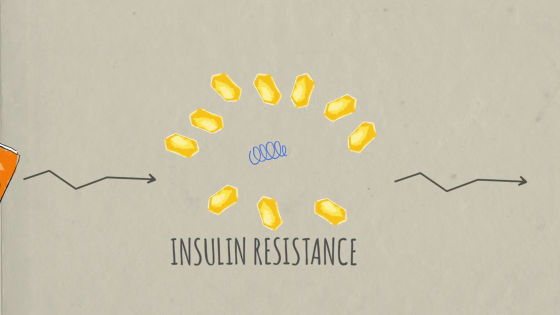
I think it causes metabolic syndrome.
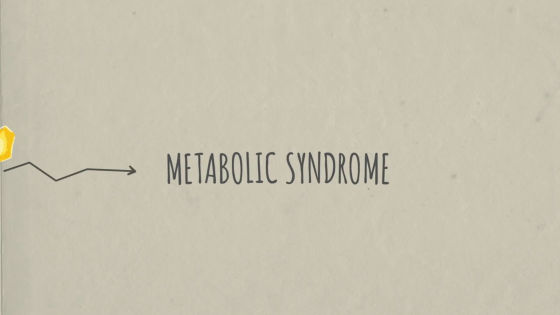
In other words, if you take too much carbohydrate and your blood sugar level rises ...

You need to be careful about taking too much carbohydrate, as it raises blood pressure and causes
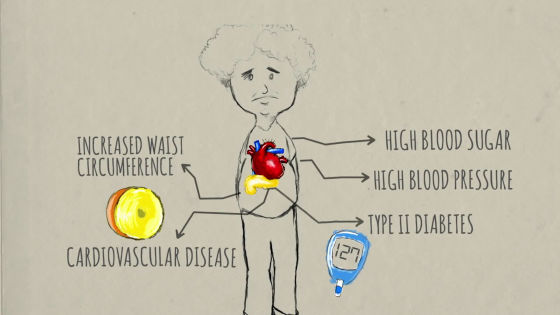
Related Posts:







